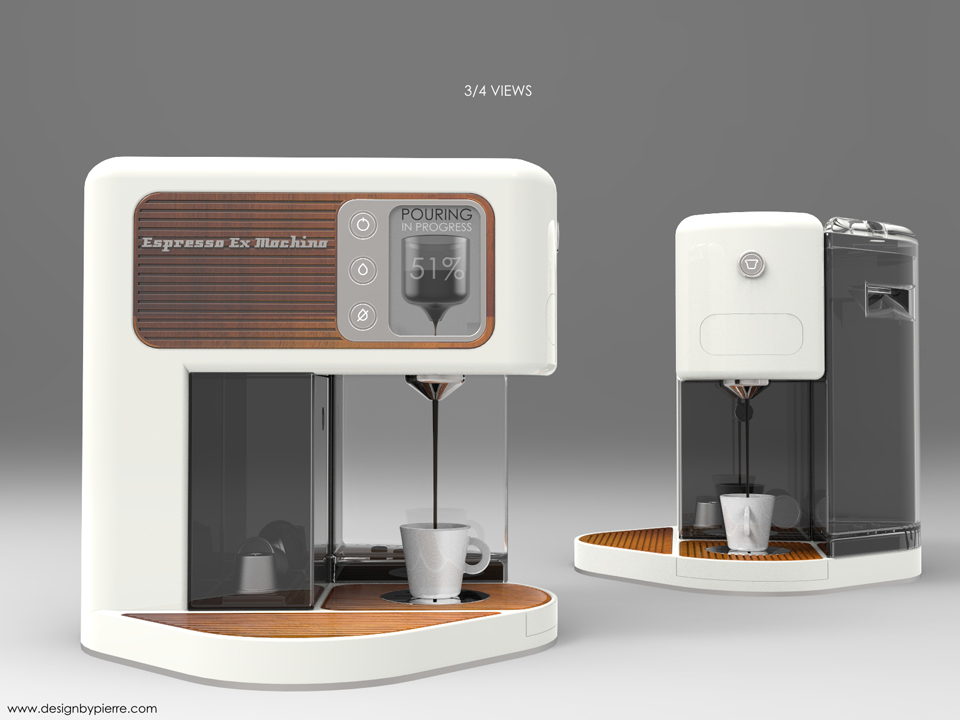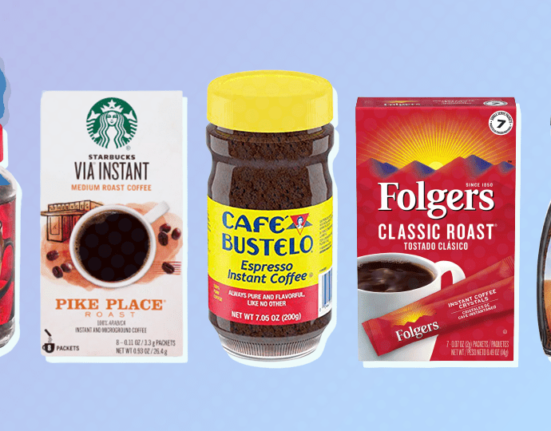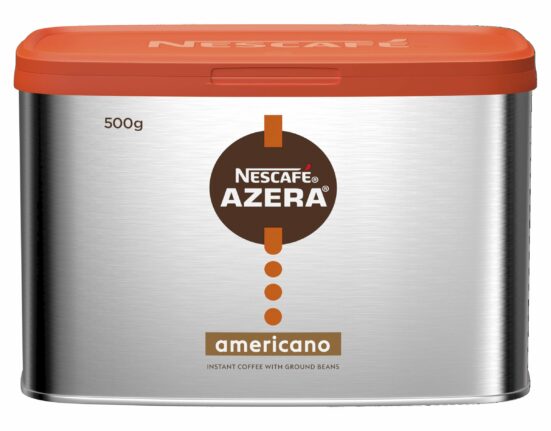In recent years, the realm of espresso coffee machine design has witnessed a remarkable evolution. This transformation reflects not only technological advancements but also the shifting cultural paradigms surrounding coffee consumption. Young consumers, characterized by their discerning tastes and appreciation for aesthetic appeal, have become a driving force in shaping the design landscape of espresso machines. As coffee has woven itself into the social fabric of modern life, the contemporary espresso machine serves not just as an appliance, but as an expression of identity and lifestyle.
The convergence of form and function in espresso machine design is a critical element that appeals to a younger audience. These consumers seek devices that seamlessly integrate into their declared artisanal approach to life, where the process of making coffee is an art in itself. To engage this demographic, designers are increasingly finding ways to innovate and personalize espresso machines, ensuring they resonate with the values of sustainability, craftsmanship, and modernity.
The visual aesthetics of espresso machines have been transformed from purely utilitarian devices into chic accessories that complement the interiors of contemporary kitchens and cafes. Minimalist designs featuring sleek lines and bold colors capture attention, while intricate detailing and unique materials add an artisanal flair. Such designs provide consumers with the ability to reflect their personal style, transforming mundane kitchen experiences into pleasurable rituals.
Moreover, the role of technology in espresso coffee machine design cannot be overstated. The integration of smart technology has revolutionized how consumers interact with their coffee machines. Features such as interactive touch screens, Bluetooth connectivity, and programmable settings empower users to customize their brewing process to unprecedented levels. Young consumers, who are often tech-savvy, are drawn to these innovations that enhance convenience while preserving the nuanced flavors of their cherished brews.
Furthermore, sustainable design practices are increasingly becoming paramount, particularly for younger consumers who are more environmentally conscious than previous generations. The innovative use of sustainable materials in espresso machine production — such as recycled metals and biodegradable plastics — paired with energy-efficient technologies, speaks to a growing awareness of environmental impact. Companies that prioritize eco-friendly practices not only appeal to the ethical considerations of their customers but also enhance their brand loyalty among a demographic that places great value on corporate responsibility.
Another notable trend within espresso coffee machine design is the resurgence of manual machines. While automatic machines dominate the market, the allure of manual espresso makers lies in the sensory experience they provide. For younger enthusiasts, the tactile engagement involved in brewing espresso promotes mindfulness and connects users to the rich narrative of coffee-making traditions. This experiential dimension encourages a deeper appreciation for craftsmanship, making it an appealing choice amidst a rapidly digitizing world.
The rise of influencer culture and social media platforms further amplifies these design choices. Young consumers are not only influenced by traditional advertising but also by the curated lives of online figures who showcase their coffee routines. A visually stunning espresso machine becomes a coveted item, as it is often featured in lifestyle content, enticing viewers with the promise of aesthetic pleasure and experiential richness. Consequently, brands that recognize and harness the power of social media can make significant strides in connecting with this demographic.
In addition to design and functionality, consumerism in the realm of espresso machines is deeply intertwined with community and personal identity. Young consumers are exploring coffee as a craft, embracing the narratives of origin, cultivation, and brewing methods. This desire to connect with the process leads to the proliferation of artisanal cafes, specialty coffee shops, and DIY coffee setups at home. Brands that align their narratives with the journey from bean to cup not only resonate with these consumers but also find advocates in a market where authenticity is held in high regard.
Understanding the demographic’s reluctance towards conventional branding strategies presents an opportunity for innovation. As younger consumers gravitate towards brands that embody storytelling and transparency, companies that provide insights into their design ethos can cultivate trust and loyalty. Thus, espresso machine manufacturers that celebrate their design journey, highlighting the craftsmanship, dedication to sustainability, and innovation, will foster a deep connection with their audience.
By embracing user feedback and fostering a collaborative design process, brands can co-create products that genuinely reflect the desires and sensibilities of younger coffee enthusiasts. Offering customization options not only satisfies individual preferences but invites consumers to take ownership of their brewing experience. This democratic approach to design invites a community where coffee lovers can share insights, tips, and techniques on their journeys towards the perfect espresso.
Ultimately, the contemporary espresso machine transcends mere function as it embodies a confluence of aesthetics, technology, sustainability, and community engagement. This multidimensional approach resonates particularly with a younger audience, who seek not only quality but also a sense of belonging in the products they choose to integrate into their lives. Brands that successfully leverage these elements in their designs can anticipate a loyal and engaged customer base.
As espresso coffee machine design continues to evolve, the interplay of these factors presents rich opportunities for innovation. Moving forward, designers must maintain focus on the nuanced relationship between form, function, and consumer values in order to create products that align with the aspirations of the younger generation. This dynamic shift in espresso machine design not only enriches the experience of coffee consumption but also reflects the changing cultural landscape in which the younger audience seeks to express their identity through their choices.
In summation, the world of espresso coffee machine design is at the intersection of artistry and technology, sustainability and community. As younger consumers champion these values, the manufacturers who thoughtfully engage with these themes will emerge as influential leaders in this vibrant market. With the potential for espresso machines to serve as mediums of personal expression, the ongoing dialogue surrounding design will undoubtably shape the future of coffee culture.








Leave feedback about this